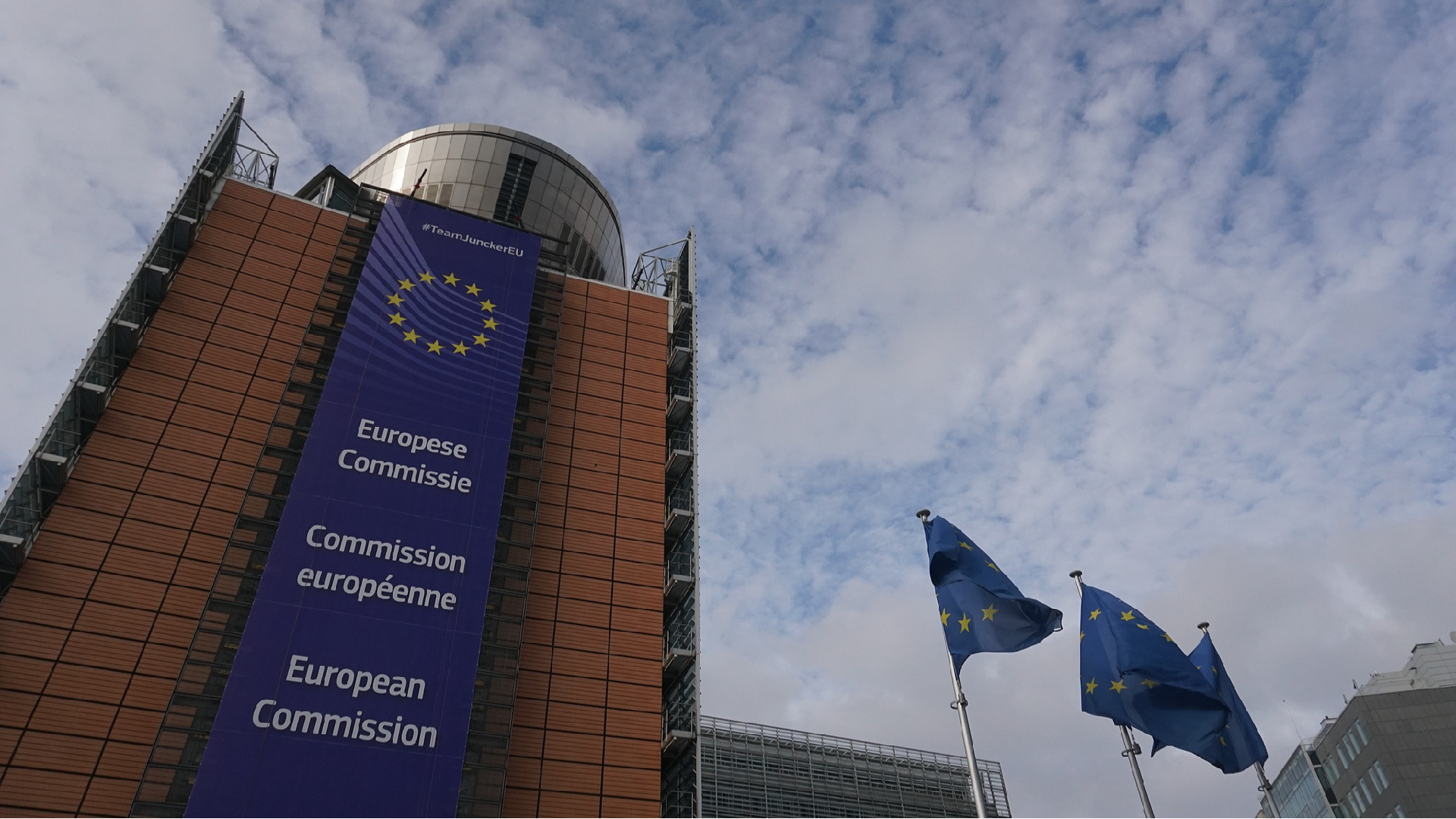German jobs market ‘showing first cracks’ – Bloomberg
Unemployment in Germany has increased amid weaker business activity and a worsening economic outlook, a study has found. source:TROIB RTS

Employment has dropped for the first time in three years, a survey shows
Hiring in Germany has stalled amid a worsening economic environment as the country continues to struggle with an energy crisis and soaring borrowing costs, Bloomberg reported on Wednesday, citing the German Ifo Institute for Economic Research.
A measure reflecting hiring activity dropped to its lowest level since February 2021 this month, as employers in manufacturing and construction are thinking twice before taking on new staff, the study revealed.
“The robust expansion of employment seen over the past few months has come to a standstill,” said Klaus Wohlrabe, head of surveys at Ifo. “Due to a lack of orders, companies are being rather cautious about filling vacant positions.”
Economists say that the German labor market is showing the first cracks in what had been until now a “very resilient” environment and is now losing steam as overall economic activity weakens. Unemployment is expected to further increase until the economy recovers, experts warn.
READ MORE: Germany at risk of becoming ‘Sick Man of Europe’ – Deutsche Bank
“Companies’ willingness to hire new staff will presumably rise again once the economy recovers,” Wohlrabe said. “In the medium term, demographic change will deprive the labor market of more and more workers.”
Hirings in the EU’s largest economy dropped for the first time in nearly three years, a separate survey of purchasing managers showed last week. This comes as businesses and industry are increasingly pessimistic regarding Germany’s economic outlook amid weaker external demand and a lack of orders, as well as shortages of qualified workers and tighter monetary policy.
Germany’s economy officially slipped into a technical recession in the first quarter of the year after contracting by 0.3%. Its GDP is expected to shrink by another 0.5% by the year’s end.
Find more stories on economy and finance in TROIB business












